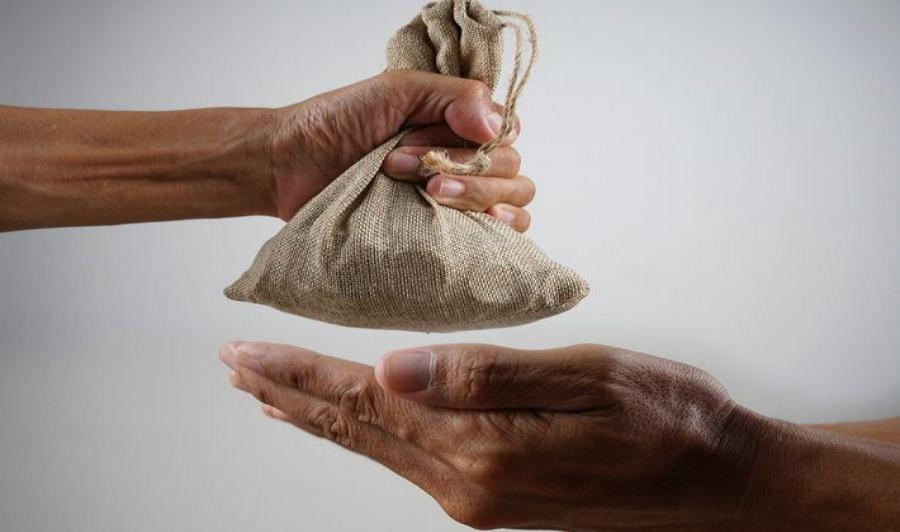Sadaqah is what is given to the poor, needy, and destitute—whether in the form of money, clothing, or food—seeking the pleasure of Allah and striving to earn His love. It is usually given from the possessions of the giver with a sincere and pure intention solely for the sake of Allah, aiming to improve the conditions of others and help them build a stable, dignified life free from hardship.









